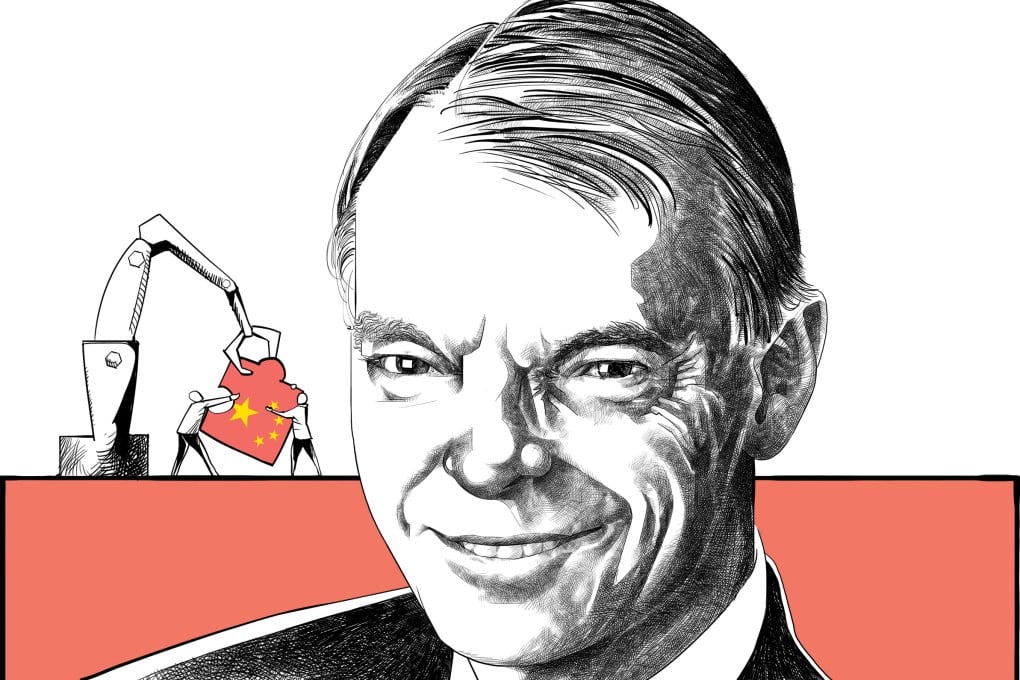Open Questions | Nobel-winning economist Michael Spence on China’s future in a tech-driven world
- Michael Spence discusses impact of the US-China rivalry on global trade and the future of China’s economy

Economist Michael Spence is the Philip H. Knight professor of management and dean emeritus at Stanford University’s Graduate School of Business and an honorary fellow of Magdalen College at Oxford University. In 2001, he received the Nobel Prize for his work in the field of information economics. He is also a senior adviser to investment management firm Jasper Ridge Partners and growth equity firm General Atlantic Partners, as well as a board member of Singapore-based fintech group Surfin.
There is no replacement for China at the moment, and it will take some considerable time before we’re willing to say that China is not the world’s factory.
However, over time – partly because of China’s own growth and development and partly because of the growth of other economies, including India – we will see more dispersed manufacturing capabilities in many categories.
But it probably won’t happen in the extreme form, because it’s so expensive that everybody would wake up in the morning and say: “This is really ridiculous. We can’t do this.”
There was a point where the United States was pretty dominant in the global economy – then there was a steady decline. Similar things will start to happen with respect to China and manufacturing.